Description
This is a prime example of a natural processed coffee: noticeably fruit forward but not over the top, sweet citric and red fruit highlights on a more chocolate like cup profile.
Uganda coffee in general are very smooth and clean African coffees, less spicy and herbal than many of their neighbors with just a pinch less acidity than Kenyans. Much more straight chocolaty notes like Central or South American coffees which makes a great platform for delivering natural processed coffees.
Tasting Notes: Crisp, clean, sweet and exotic. Medium body with medium acidity, a good rounded cup. Light to medium roasts; The first tones to hit you will be a little bit of lemony citrus that quickly fades into some lovely red fruit notes – a little reminiscent of tart cherry but has some classic stone fruit in the cup as well. The lighter tones are balanced with a nice and clean chocolaty factor without too much of that classic African herbal note. Aromatics that will make your mouth water. Dark roasts are not really recommended, turn a bit bittersweet and kill the fruit forward aspects of the cup.
Roasting Notes: Keep these beans in the light to medium roast points to see them shine. Real light roasts will be pretty high in acidity, enough to cover up a little of the fruitiness of the cup. Medium roasts are well balanced and what we thought was the best roast point. Dark roasts are not recommended. These beans do have a little higher chaff content.
Kawacom, one of Uganda’s premier specialty exporters has long operated the Sipi Falls wet mill on Mt. Elgon, in eastern Uganda. When Sipi Falls was designed, over 20 years ago, it was a unique wager on the benefit of central processing in a vast smallholder landscape; one that traditionally fermented and dried coffee at home in very small quantities and transacted on a parchment basis with local buyers. The wet mill at Sipi Falls changed the entire dynamic by buying cherry, processing large volumes quickly, exercising quality control right there at the mill, and conditioning finished coffees in bulk in the mill’s high-elevation warehouse. The result for farmers was higher prices up front for less work and almost no risk to degradation. Over time as the mill’s staff improved their processing technique, Sipi Falls began producing honeys, naturals, anaerobics, and variations on the fully washed profile, all of which netted the farmers even more of a premium for their cherry. And roasters were given a long-overdue taste of Mt. Elgon’s unique potential.
In 2015, Kawacom decided to replicate the success of Sipi Falls elsewhere in the country. Uganda exports about 5 million bags of coffee, about as much as Honduras, but the vast majority is robusta, grown across the humid lowlands of Uganda’s center. Other than Mt. Elgon, the prime arabica areas include the Rwenzori mountains in the southwest, and the highlands along the White Nile in Uganda’s northwest, along the border with the Democratic Republic of Congo. Zombo district, a few kilometers away from where the White Nile river meets Lake Albert, is where Kawacom set up their second wet mill, known simply as White Nile.
The White Nile wet mill, like Sipi Falls, is predominantly set up for fully-washed coffee. Unlike Sipi Falls, however, natural processing was an operations priority from day one. Cherry for their custom natural processing comes from select high-elevation grower communities within the mill’s greater catchment area, who have a track record of impeccable harvesting. Upon delivery to the White Nile wet mill the day’s cherry is meticulously sorted for imperfections and floated for density by processing staff before being washed clean and moved directly to the mill’s screen tables to dry. The drying cherry is continuously rotated by dedicated staff until the moisture content reaches 11%, at which point it is removed from the drying tables and stored on site for continued conditioning. Each lot is tracked throughout its conditioning phase by the White Nile quality team, who cups and approves every lot at least once just after drying, and again about 2 months later to check that the conditioning is stable. These experimental lots are beloved at Kawacom, and (as with quality teams all over the world with a passion for the new and delicious) are by far the most deliberated. And thanks to the added uniqueness and cup quality, farmers selected for these microlot programs see the highest bonuses of anyone selling cherry to the mill.
Uganda’s White Nile region is still unfamiliar to most coffee buyers, but Kawacom, as they did in Sipi Falls, is slowly exposing the greater specialty world to the potential of this very remote region. The naturals coming out of this part of Uganda are round and mousse-like in texture with bright acids and notable grape, cranberry, and white peach flavors. It is an incredible experience to see such a prime terroir be unlocked through quality processing, where just a matter of years ago it was often lost in transit.
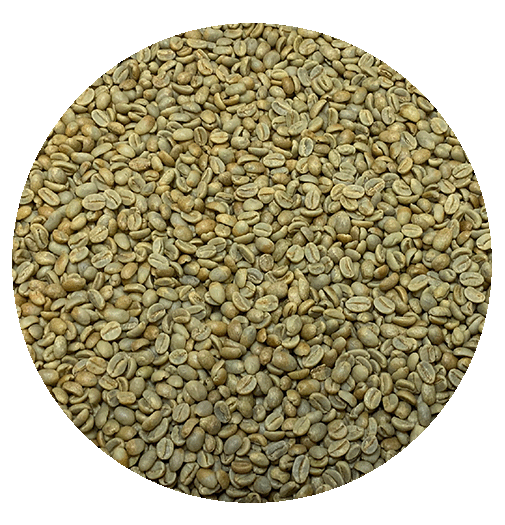
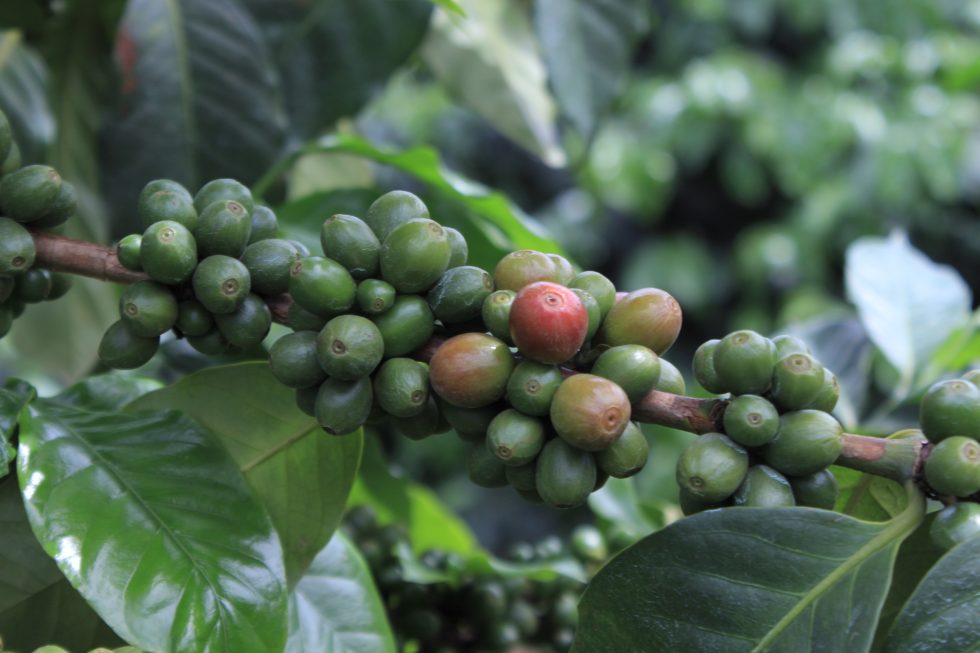
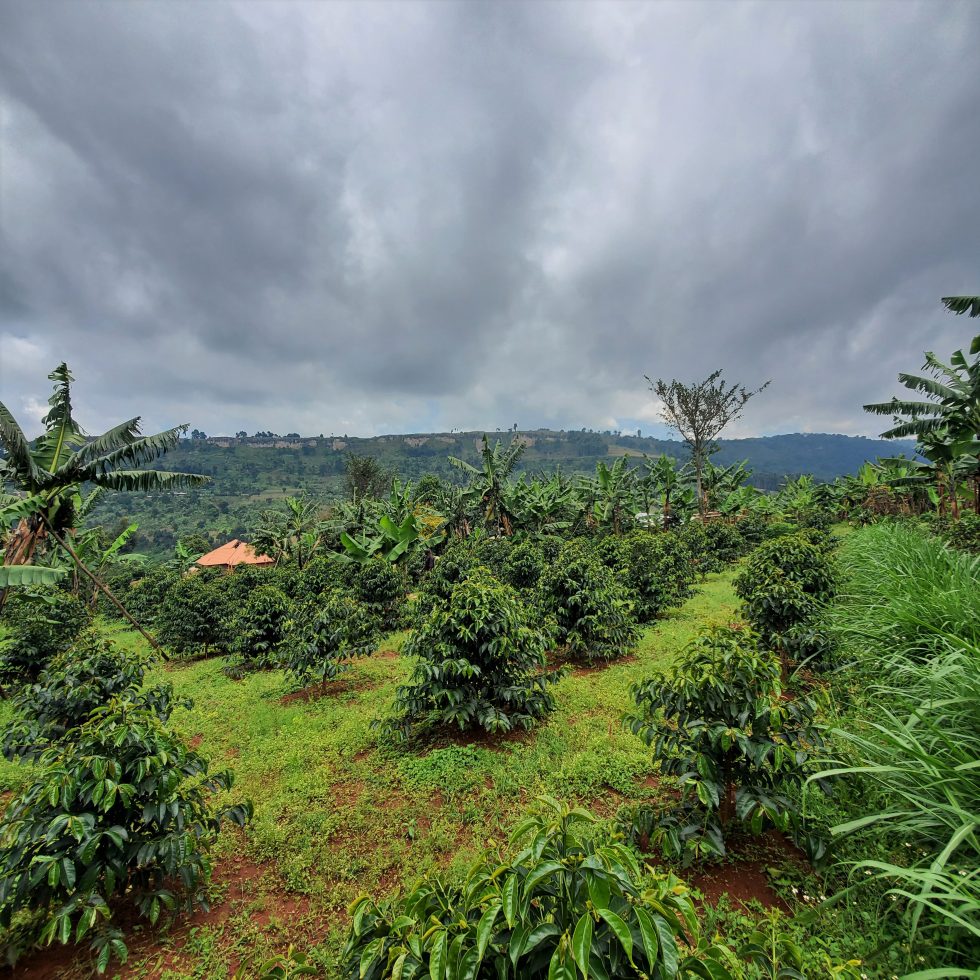
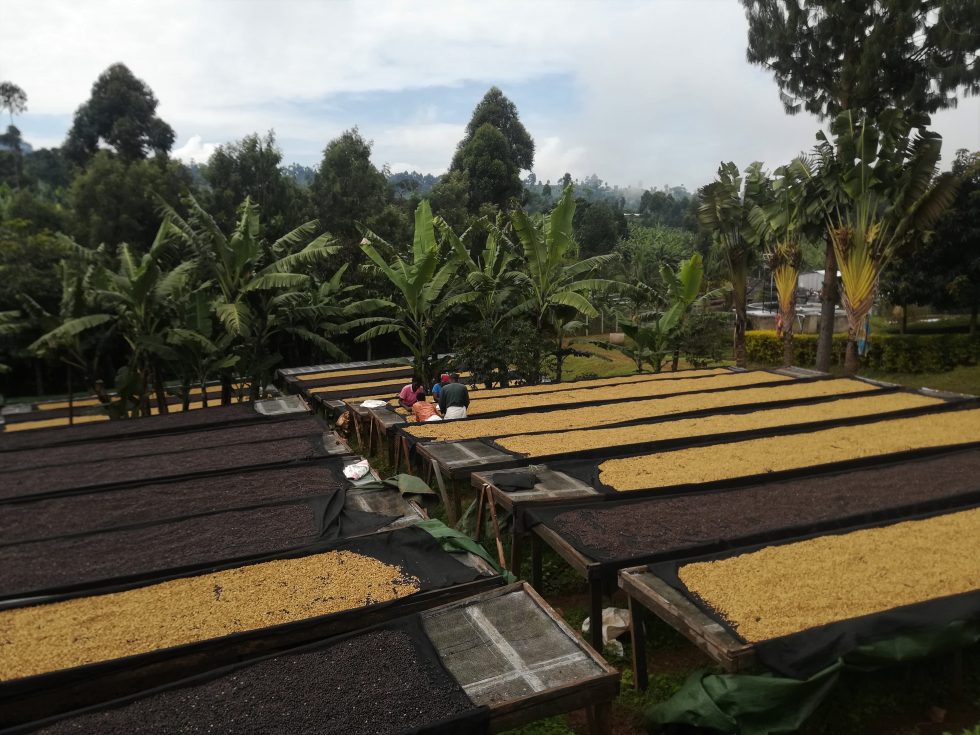
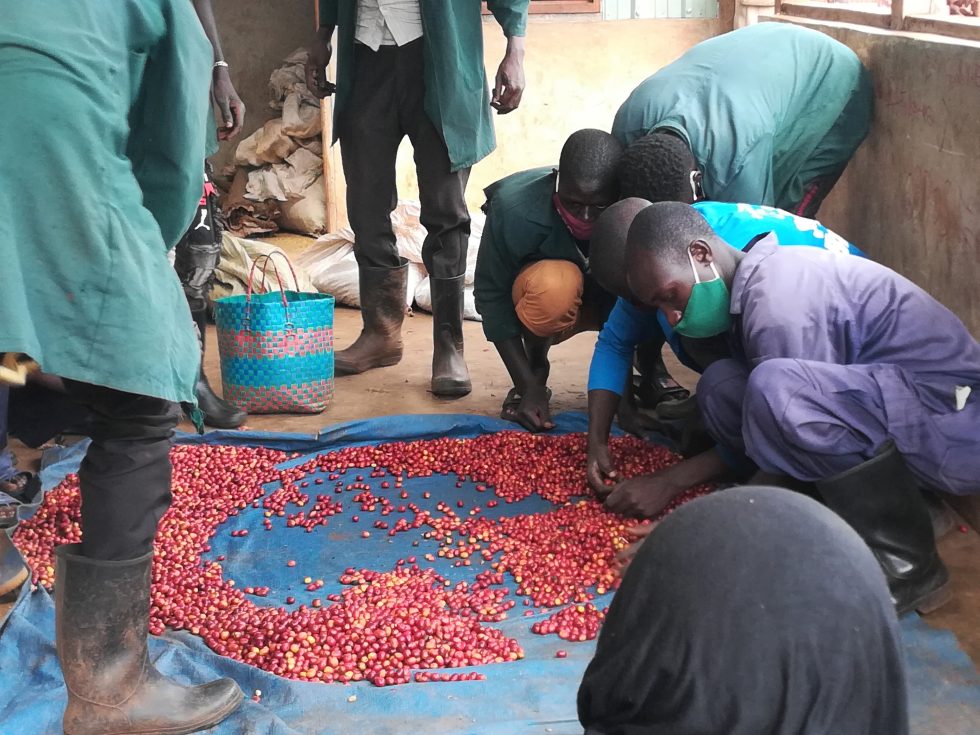
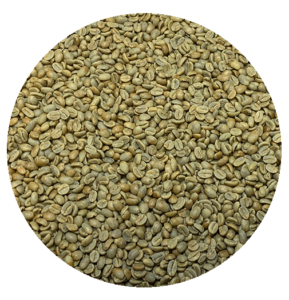
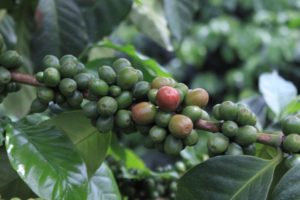
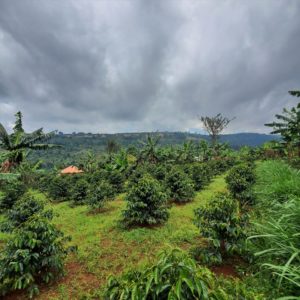
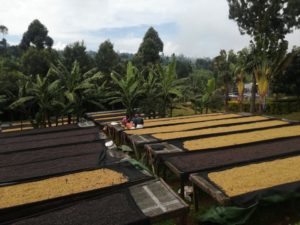
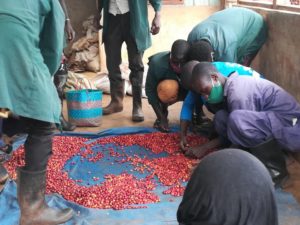
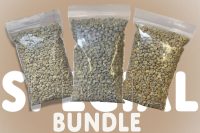
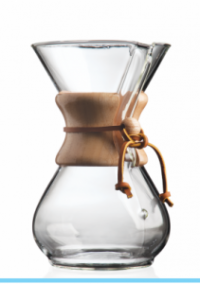
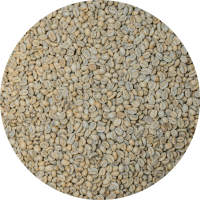
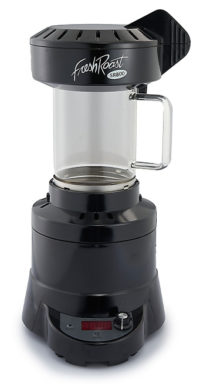

Gilbert Pitkoff (verified owner) –
Did a full city roast. The wife and I thought the taste was different, but not in a good way. The flavor profile might lend itself to a blend if used in moderation. That said; “Curiosity does not always make a good cup of coffee”.
Dylan Alford (verified owner) –
I took the advice of roasting it slow, with about 7 minutes drying, 10:30 minute FC, dropped at 12, and got a nice milk chocolate brown. Very low acidity, fairly sweet, and a bit of blueberries and chocolate. Nice to go with a dessert. I tried an even slower roast of about 16 minutes, but lost most of the blueberry.
SH (verified owner) –
Very good– disappointed to find it sold out. Smells great (blueberry muffins, banana bread, cocoa butter floral), tastes similar to a yemeni natural but a bit brighter and maybe a bit more boozy. Delicious light and on the lighter side of medium, didn’t nor wouldn’t take darker. Excellent after dinner/ late night sipping. Needs very little time after roast even at lightest roast (tastes good right away)